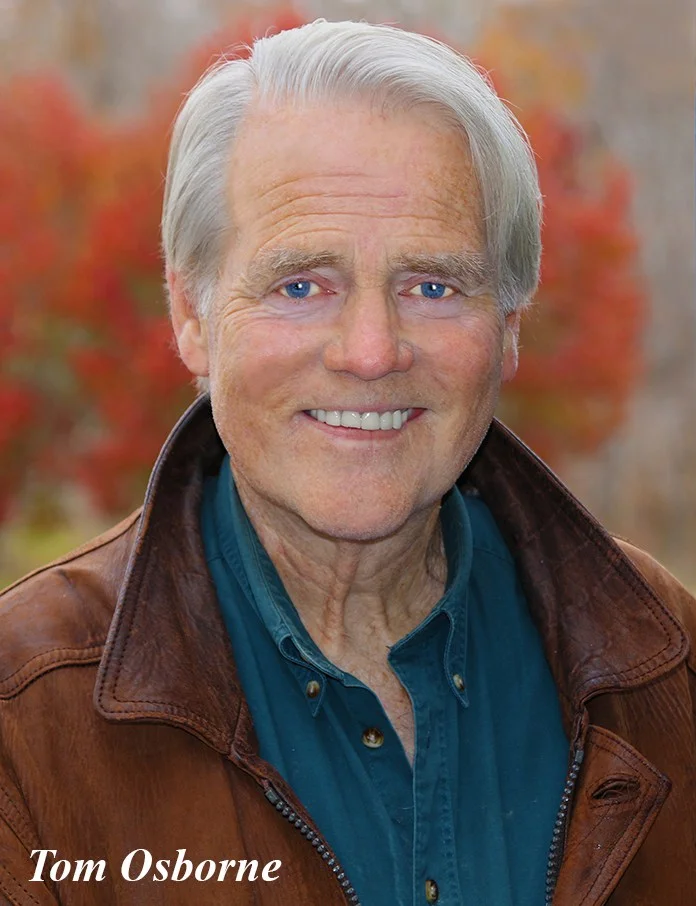UN: Climate Change Epicenter
Just five short months ago on December 12, 2015, 196 nations in attendance at the United Nations (UN) Climate Change Conference in Paris adopted one of the most ambitious and far reaching agreements that focused on curtailing climate change and global warming.
The nations pledged to reduce their carbon emissions to an increase of no more than 2 degrees Celsius, or 3.6 Fahrenheit.
As President Obama stated in a press release, "We'll have a strong system of transparency, including periodic reviews and independent assessment, to help hold every country accountable for meeting its commitments." Although the agreement is not legally binding under international law, it will still be scrutinized and reviewed intensively.
The major goals are to reduce the carbon footprint and produce more jobs and economic growth through low-carbon investments in alternatives such as solar and wind.
Perhaps one the most powerful aspects of this agreement is that the countries of the world are now fully supportive of adhering to specific targets, as well as encouraging the financial markets to throw their support into clean energy projects.
Regardless of the euphoria in Paris, several climate scientists opined that the agreement is too weak. Often, many governments pay lip service to the provisions and then continue with business-as-usual by not committing sufficient financial and technical resources to achieve the goals.
A few months later on April 22, when more than 155 countries' leaders met at the UN Headquarters in New York, 119 of them formally signed the Paris Agreement on Climate Change. The agreement was quite substantive, but it was also symbolic because the event was held on Earth Day.
The attendees re-iterated that even with the goal of 2 degrees Celsius, it was important to strive for a lower 1.5 degrees Celsius target. Aggressive action is more critical because of the horrific climate changes that are underway, what with the rapid melting of the glaciers, rising sea levels, rampant desertification, violently changing weather patterns, record shattering heat and the devastation of many ocean reefs, to mention a few.
The period for signatures will remain open for one year so that all parties can sign to validate the Paris Agreement and to ratify it.
Parallel to the signing ceremony, representatives of countries made their national statements and presented the instruments of ratification, or their specific action plans to combat climate change. Naturally, the rate of completion will vary by country.
After a country has officially ratified the Paris Agreement, it will be presented to the Depositary under UN Secretary-General Ban Ki-moon in New York.
The Paris Agreement becomes effective on the 30th day after the date on which at least 55 parties, which cut at least about 55 percent of total emissions of greenhouse gases, have achieved the full requirements under the agreement and it must be ratified by 2020. Thus far, only 17 countries representing 0.03 percent of emissions have done so; however, those numbers should rise dramatically during 2016, and the agreement should become effective in late-2017 or early 2018.
To continue the momentum of this landmark agreement, the UN sponsored a two-day forum in Washington, D.C. in early May. This first-ever Climate Action Summit brought together elected officials from around the world, business leaders, non-governmental organizations (NGOs) and academics
The basic goal was to promote action around specific proposals and partnerships to make the Paris Agreement more relevant and achievable. These “action summits" will be an increasingly important component of climate diplomacy in order to bring the key players and sources together to involve every group that can be helpful in reducing climate change.
Governments can be useful in achieving the agreement; however, it will still require the participation of all sectors of society, such as national and local governments, the general public, philanthropies, the business community, and many others.
One group of major players will be the South-South countries, primarily known as developing countries. As Virachai Plasai, the Thai Ambassador to the UN and Chair of the "Group of 77 and China" said, “South-South cooperation is a manifestation of solidarity among peoples and countries in the south that contributes to their national well-being, national and productive self-reliance, and the attainment of the internationally agreed development goals.”
Although the developed countries will suffer from climate change, the developing ones are even more susceptible.
For example, according to the UN's Intergovernmental Panel on Climate Change (IPCC), by 2020, crop yields from several African nations could be reduced by up to 50 percent, exacerbating food insecurity, malnutrition and poverty.
By 2050, approximately 350 to 600 million people in Africa are predicted to experience increased water stress due to climate change.
City-dwellers are also increasingly vulnerable to climate impacts since over 90% of all urban areas are coastal, thus putting populations from Miami to Manila at risk of rising sea levels and devastating storms.
Bangladesh, one of the most densely-populated countries, is predicted to lose over 20% of its landmass due to the rising waters in the Bay of Bengal. Some scientists predict that the world's seas could rise 6.6 feet, or higher, by 2100.
More recently, on May 16, representatives from nearly 200 countries began work on a new “rule book” that will highlight the implementation process of the Paris Agreement on climate change that was agreed to six months ago.
At the first meeting of the United Nations Ad Hoc Working Group on the Paris Agreement, the focus was on how countries will monitor, report and verify the national climate pledges that they submitted last year.
Also, a discussion is underway as to whether poor and developing countries should be subject to the same rules as industrialized countries. Developed countries will, undoubtedly, have to assist the poorer ones who do not have the financial, infrastructure and technical capacity to implement climate change strategies.
Other areas to be discussed include technical workshop meetings on both mitigating climate change and adapting to it, and an informal review session to help gauge progress at the halfway point between the Paris summit and the follow-up negotiations scheduled to take place in Marrakech, Morocco, in November. How will the world adapt to the major dislocations that are happening almost every day?
Many scientists and foreign policy specialists give a tremendous amount of credit to the UN Secretary-General Ban Ki-moon and several UN agencies for their Herculean work in focusing on global warming, identifying the problems, recommending solutions, mobilizing the experts and key players, developing the conferences and generally providing a forum that facilitates a discussion of what is probably the number one challenge to all 7.3 billion people on the Earth.
As Ban Ki-moon wraps-up his 10-year tenure as the leader of the UN, it will be imperative that the next Secretary-General, who takes over on January 1, 2017, be as committed and diligent as Ban was.
Over the past several decades, but especially the last year or so, the UN has been the main catalyst and epicenter of conferences, agreements and experts on the climate change issue. This is a logical role for the UN since it is the only international organization that can convene the wide-range of experts and conferences to confront climate change, a problem so severe it could destroy the world within 85 years.
Public opinion polls show that the majority of people and leaders outside of the US believe that climate change is happening and it is a serious problem that requires immediate attention.
Although the majority of Americans believe it is a problem, there are many special interests in the US that are undermining the science and spreading misinformation about the gravity of the situation. The usual list of offenders include Fox News, the American Legislative Exchange Council, Congressional Republicans, the Heritage Foundation, the Koch Brothers, and especially the fossil fuel industry, mostly oil, gas and coal.
ExxonMobil is facing allegations that it deceived shareholders and the general public about climate change risks, not to mention it has been paying so-called "faux climate scientists" to develop studies and findings that downplay the negative effects of carbon emissions. This is coupled with Exxon funneling money to right-wing think tanks, such as Heritage, to push the bogus mantra that the "science is not yet settled." The scientific data overwhelmingly support the 97% of scientists who recognize this is a gigantic problem affecting planet Earth.
When Pope Francis was asked if the U.N. climate summit in Paris would mark a turning point in the fight against global warming, the pope said: “I am not sure, but I can say to you ‘now or never...every year the problems are getting worse. We are at the limits. If I may use a strong word I would say that we are at the limits of suicide.”
If there were ever a call to action, it is now.




